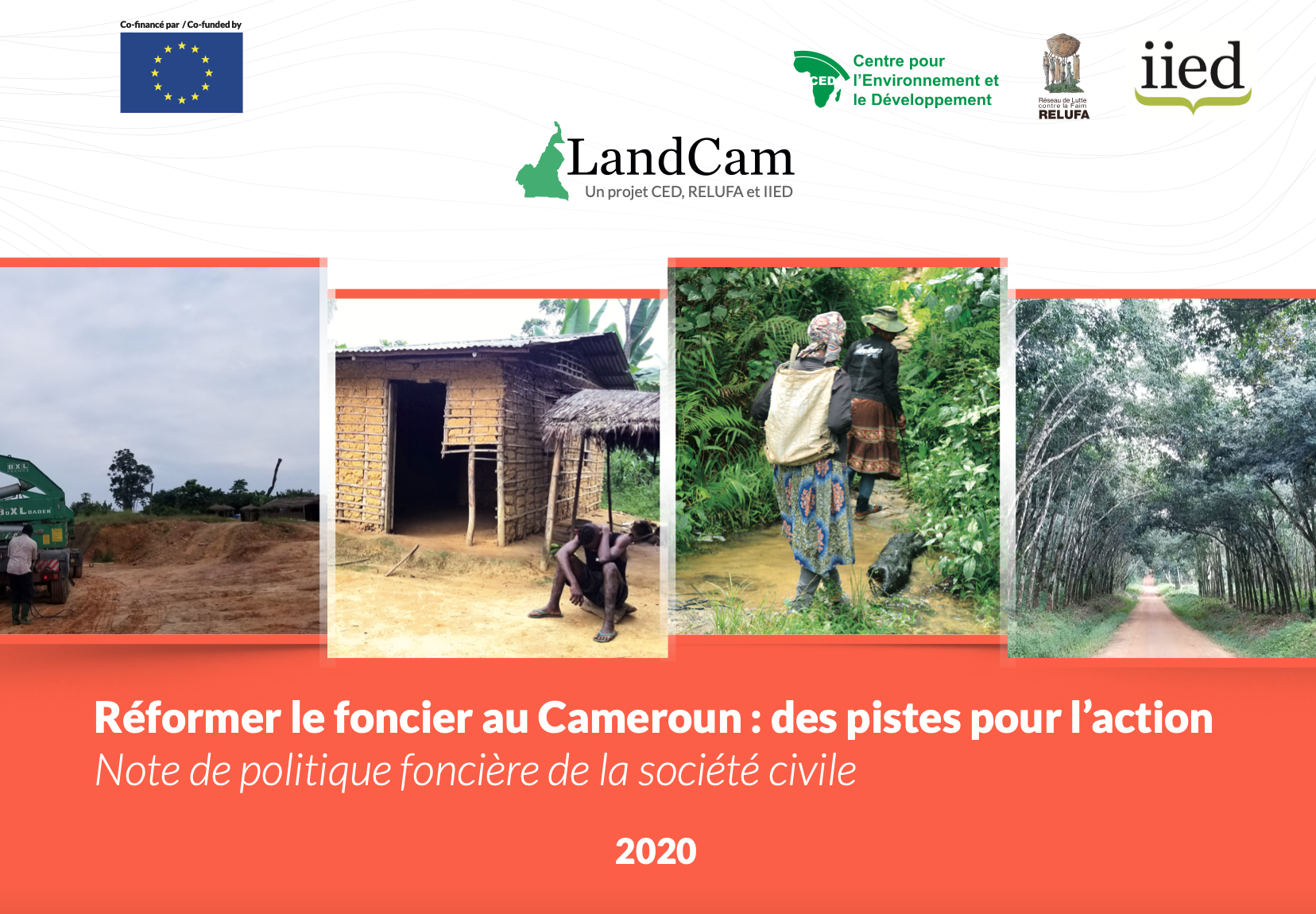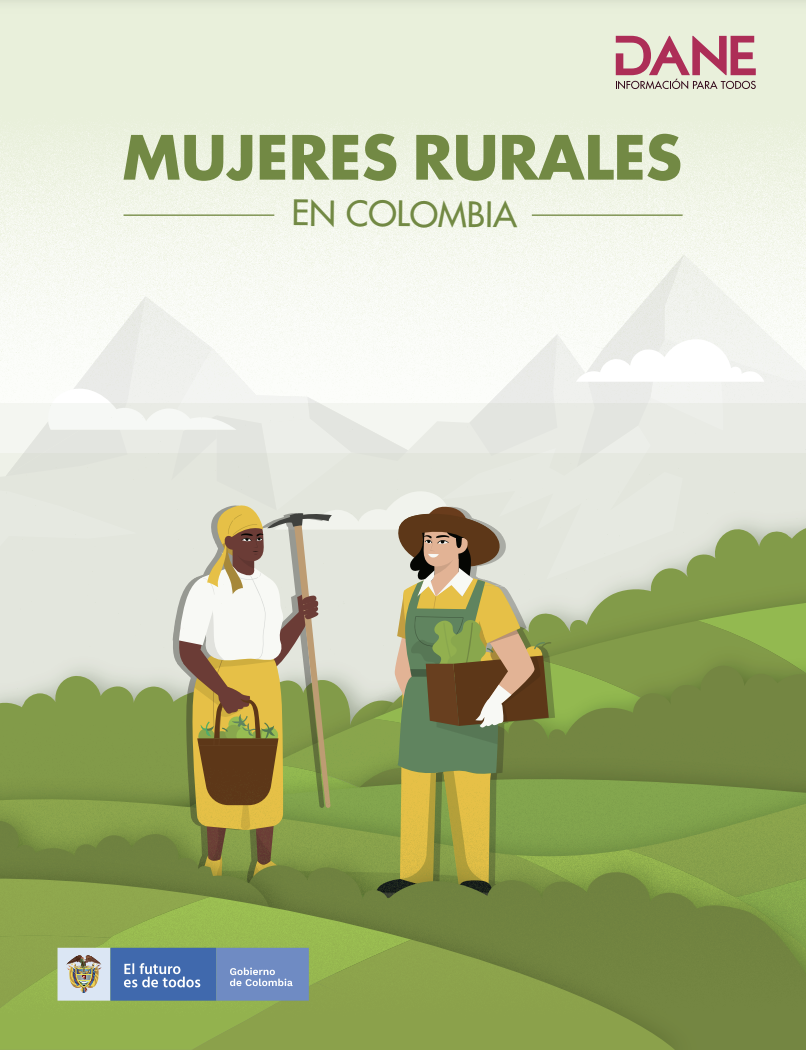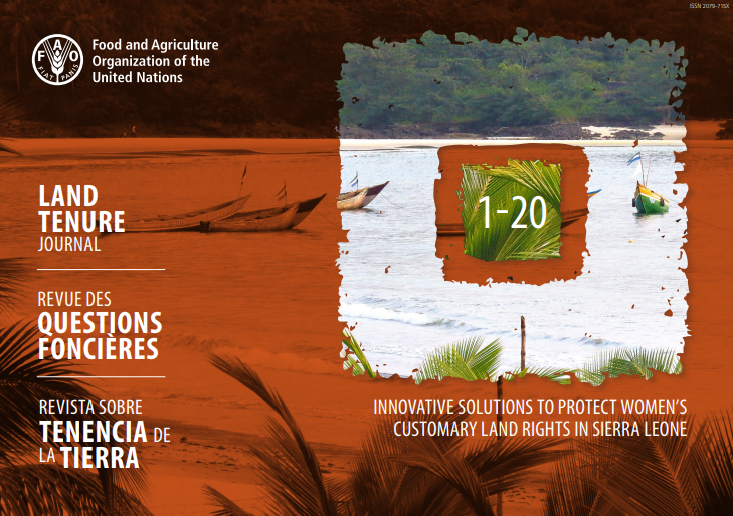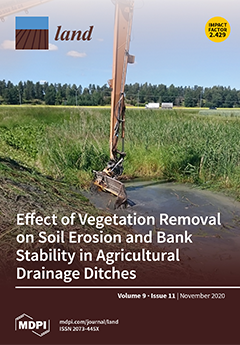Réformer le foncier au Cameroun : des pistes pour l’action - Note de politique foncière de la société civile
Le Cameroun s’est engagé dans un processus de réforme juridique dans les principaux secteurs des ressources naturelles (forêts, mines, terres). Exprimant la position d’un groupe d’organisations et de citoyens intéressés par la gestion de la terre au Cameroun, ce document s’appuie sur les leçons apprises de quarante-cinq années de gestion foncière, depuis la dernière grande réforme de 1974, et sur les développements nouveaux dans ce domaine. Il est inspiré des propositions formulées par la société civile à l’attention de l’administration foncière, et de textes internationaux.









